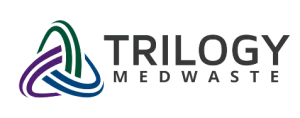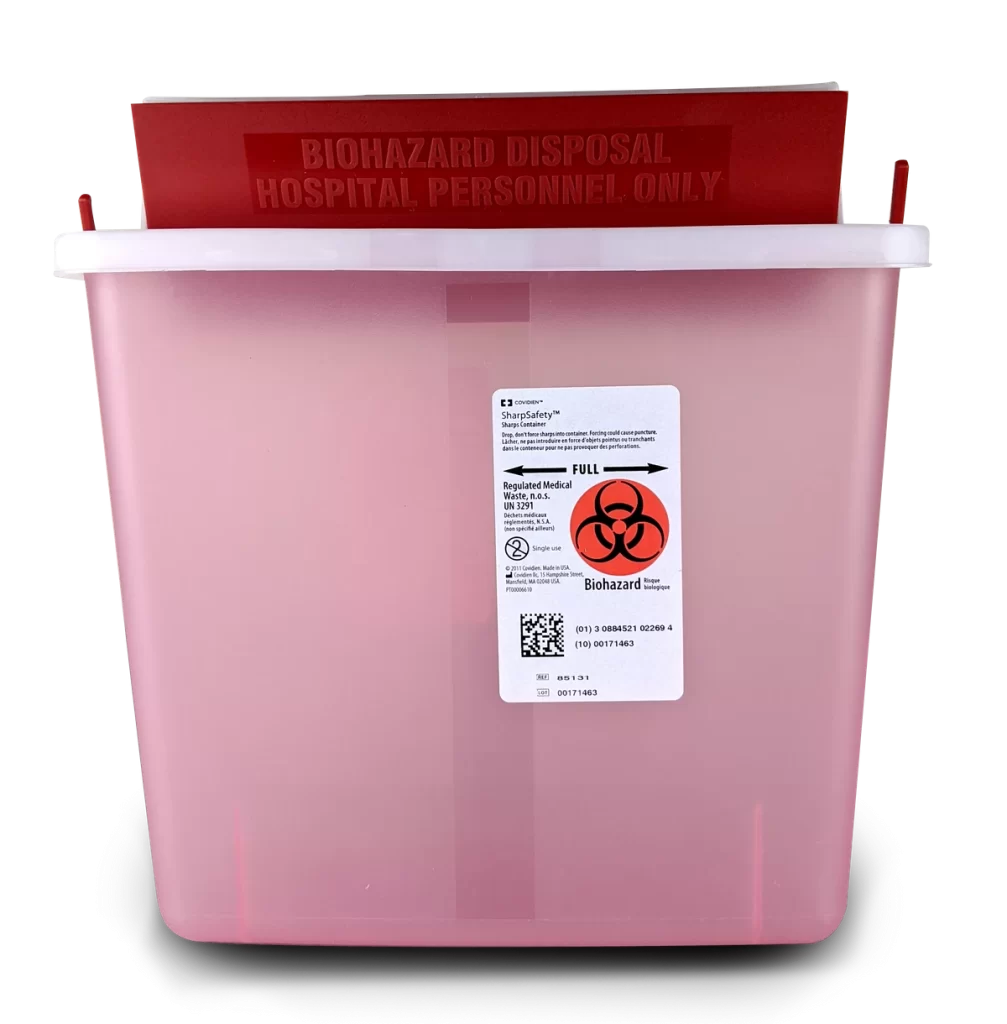New Mexico Regulated Medical Waste Compliance Standards
In New Mexico, two state entities are responsible for the regulation of medical waste: New Mexico’s Environment Department (NMED) and New Mexico’s Department of Health (NMDOH). Within NMED, two bureaus – the Solid Waste Bureau and the Hazardous Waste Bureau – oversee the management of solid waste and hazardous waste, including medical waste, within the state. Additionally, medical waste in New Mexico is subject to federal regulation by the Occupational Safety and Health Administration (OSHA), the Environmental Protection Agency (EPA), and the U.S. Department of Transportation (DOT).
How New Mexico Defines Medical Waste
The term “infectious waste” applies to the waste stream known in other localities as “medical waste.” In New Mexico, “infectious waste” is defined as a specific category of solid waste that carries a probable risk of transmitting disease to humans. This classification is outlined in the New Mexico Administrative Code (NMAC) 20.9.8.13.
Medical Waste Generators in New Mexico
NMAC 20.9.8.13 applies to all generators of infectious waste in New Mexico, including:
- general acute care hospitals
- skilled nursing facility or convalescent hospitals
- intermediate care facilities
- in-patient care facilities for the developmentally disabled;
- dialysis clinics
- free clinics, community clinics, and employee clinics
- health maintenance organizations
- home health agencies
- surgical clinics
- urgent care clinics
- acute psychiatric hospitals
- blood/plasma centers
- laboratories
- medical buildings
- physicians’ offices
- veterinarians
- dental offices
- acupuncturists
- funeral homes
- eye clinics
- tattoo parlors and body-piercing establishments.
Storage and Containment Regulations
The New Mexico Administrative Code (NMAC 20.9.8.13) outlines stringent requirements for the storage and containment of infectious waste to ensure safety and minimize risks. Infectious waste must be stored separately from other waste in protected areas inaccessible to the public and animals, with appropriate ventilation and warning signs. Non-sharps must be contained in red or orange plastic bags inside rigid, leak-resistant containers, while sharps require puncture-resistant containers securely sealed to prevent spills. Containers must be labeled as “infectious waste” and meet federal standards for strength, moisture resistance, and sealing. Absorbent materials must be included to handle potential leaks, and rigid containers can only be reused if decontaminated or lined with disposable protective materials. Waste compaction or grinding is prohibited unless rendered non-infectious and approved by authorities.
Biohazardous medical waste should not be stored on-site for more than 90 days. This means that waste generators must arrange for the disposal of such waste within this timeframe to remain compliant with state regulations.
Disposal Regulations
NMAC 20.9.8.13 requires that all generators of infectious waste dispose of it at a facility permitted to process, store or dispose of it. Such facilities must maintain a detailed management plan that outlines waste types, segregation, packaging, labeling, storage, transportation, and disposal methods, as well as identifying responsible parties. Infectious waste facilities may only accept waste accompanied by a proper manifest. Emergencies, such as unauthorized waste deliveries or contamination, must be reported immediately to the secretary. Human fetal remains weighing 500 grams or more and recognizable human anatomical remains must be disposed of via incineration or interment unless contaminated with hazardous or radioactive substances. Anatomical remains may be released to patients, families, or authorities for interment or incineration if forensic and legal requirements are met.
Additional Disposal Processing, Transformation and Disposal Regulations
Infectious waste in New Mexico must be processed, transformed, or disposed of through approved methods. These include incineration in a controlled multi-chambered incinerator, ensuring complete combustion to ash, with ash tested for hazardous characteristics and managed accordingly. Alternatively, steam sterilization may render waste non-infectious by meeting specific time, temperature, and pressure requirements, verified through biological and chemical indicators, with records maintained for three years. Liquid or semi-solid waste may be discharged to a secondary sewage treatment system if approved in writing. Additionally, other methods achieving a high reduction in specific bacteria or spores may be approved by the secretary, provided the methods meet rigorous efficacy standards. All processes must include monitoring, recordkeeping, and compliance with state and federal regulations.
All medical waste generators in New Mexico are responsible for maintaining compliance with local, state, and federal regulations governing the management, storage, treatment, and disposal of medical waste. This content is provided for general informational purposes only and is intended as a high-level overview. For the most current and detailed requirements, please refer to the applicable regulatory authority in your jurisdiction.



